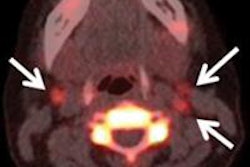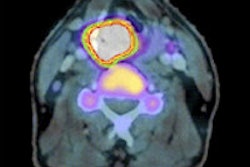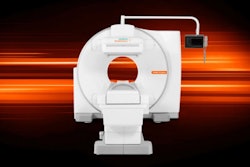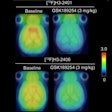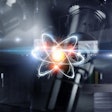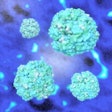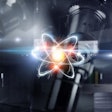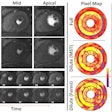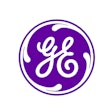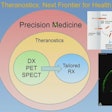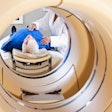A new clinical trial is investigating the use of the radioactive tracer molecule fluoro-L-thymidine with PET imaging (FLT-PET) to determine if it could improve the early detection of tumor growth during treatment for esophageal and lung cancer.
Led by Dr. Clifford Chao at NewYork-Presbyterian Hospital, Columbia University Medical Center, and Weill Cornell Medical College, the pilot project will explore whether FLT-PET may be more effective than FDG-PET.
Because every cancer is slightly different and the response to chemotherapy and radiation therapy is not always predicable, the goal is to develop a quicker and more effective way to see how a treatment is working while the patient is undergoing the therapy, Chao said. Currently, the question of treatment efficacy can take six to eight weeks to address. FLT-PET may shorten that time significantly.
Researchers are recruiting 100 patients with esophageal or lung cancer who will be injected with the FLT tracer and receive a PET scan prior to radiation and chemotherapy, and again three weeks later, along with several other routine diagnostic procedures.
Chao added that FLT is more sensitive and better able to see cancer cell activity, citing previous nonclinical studies that showed FLT's ability to detect significant changes in tumor proliferation as soon as one day after treatment.





